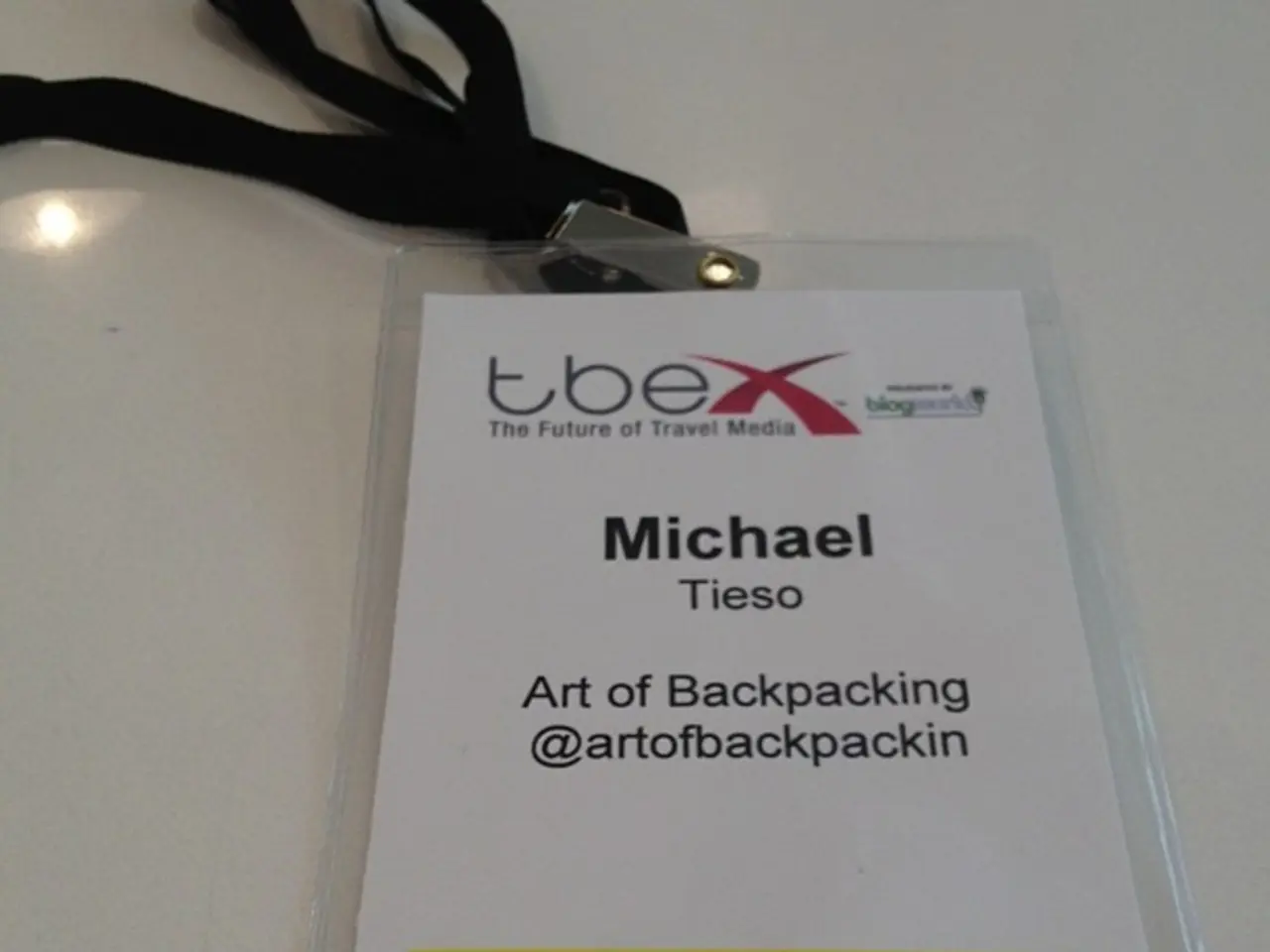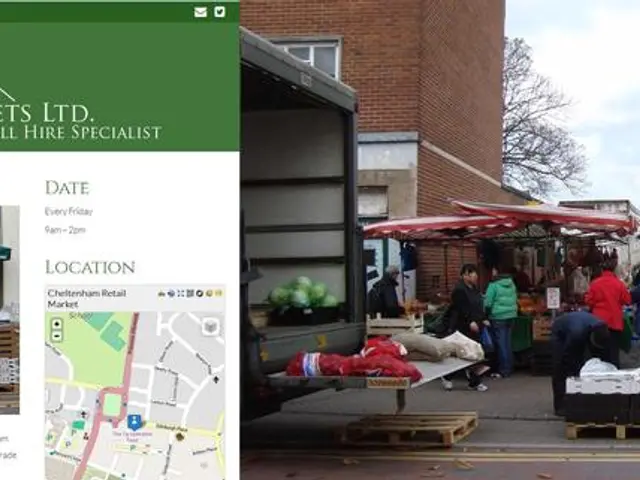Establishing Online Profiles for African Independent Workers
In the ever-evolving world of freelancing, African professionals are making their mark on the global stage. By utilising a combination of locally accessible AI platforms, dedicated training programs, and active participation in tech communities, freelancers across the continent are enhancing their skills, increasing efficiency, and competing effectively in the global market.
Building an Online Presence
African freelancers can effectively build their online presence by leveraging platforms like freelance marketplaces (Upwork, Fiverr), professional networking sites (LinkedIn), and social media platforms (Instagram, Twitter). One such example is James Mutua, a full-stack developer based in Nairobi, Kenya, who increased his LinkedIn following from 300 to 2,500 in just four months and improved his project win rate from 20% to 55% by building a GitHub portfolio showcasing five open-source projects, sharing weekly LinkedIn posts about coding challenges and solutions, and creating short video tutorials to explain coding techniques.
Tailored Training Programs
Online platforms offer tailored training programs specifically designed for freelancers in Africa, including flexible payment options, region-focused courses, and collaborations with industry leaders. Digital marketing expert Sarah Okonjo, from Lagos, Nigeria, boosted her average project fee from $200 to $1,500 and secured $5,200 in monthly recurring contracts within three months by focusing her portfolio exclusively on SaaS content marketing, enhancing her profile with relevant keywords and professional certifications, and adding detailed case studies that highlighted clear, measurable client results.
Overcoming Challenges
To overcome challenges like limited internet access and high competition in the global market, African freelancers can build a strong online presence, schedule work during off-peak hours, use co-working spaces with reliable internet, and focus on niche markets where competition is lower.
AI to the Rescue
AI tools are helping freelancers save time and attract more clients by offering features like portfolio analytics, communication tools for personalized client messages, automated project management templates, and insights into market trends. These tools can assist freelancers by enhancing their proposals, improving communication, and increasing efficiency. For instance, AI-powered platforms can analyse what makes proposals successful and help freelancers craft better applications, leading to more work wins and higher global competitiveness.
Embracing Local AI Solutions
For example, Yamify, a DR Congo-based startup, offers an app store for AI tools hosted on GPU clusters located in African data centers and billed in local currencies. This allows freelancers to deploy AI-powered applications quickly and cost-effectively without needing enterprise-grade cloud engineers.
Skills Development and Networking
Active involvement in African tech communities like She Code Africa and Andela provides mentorship, boot camps, hackathons, and networking opportunities that boost skills and confidence. These communities help freelancers stay updated with industry trends and increase their visibility for job opportunities.
AI-Focused Gatherings
Events like the African AI Indaba bring together AI researchers, developers, linguists, policymakers, and more, creating an environment for knowledge exchange, inspiring new research careers, and strengthening local expertise to ensure Africa’s voice in AI development.
The Future of African Freelancing
With Africa’s AI market growing rapidly and the potential for millions of digital jobs by 2030, AI tools can also facilitate access to formal finance and improve productivity, supporting freelancers’ economic empowerment and scalability in the global market. Together, these approaches enable African freelancers to upskill continuously, operate efficiently with AI tools tailored for the local context, and compete effectively on global freelance platforms.
- To maximize their earning potential in the global market, African freelancers can explore education-and-self-development opportunities within technology, such as tailored training programs offered online, which provide flexible payment options, region-focused courses, and collaborations with industry leaders.例子是Sarah Okonjo,一名来自








